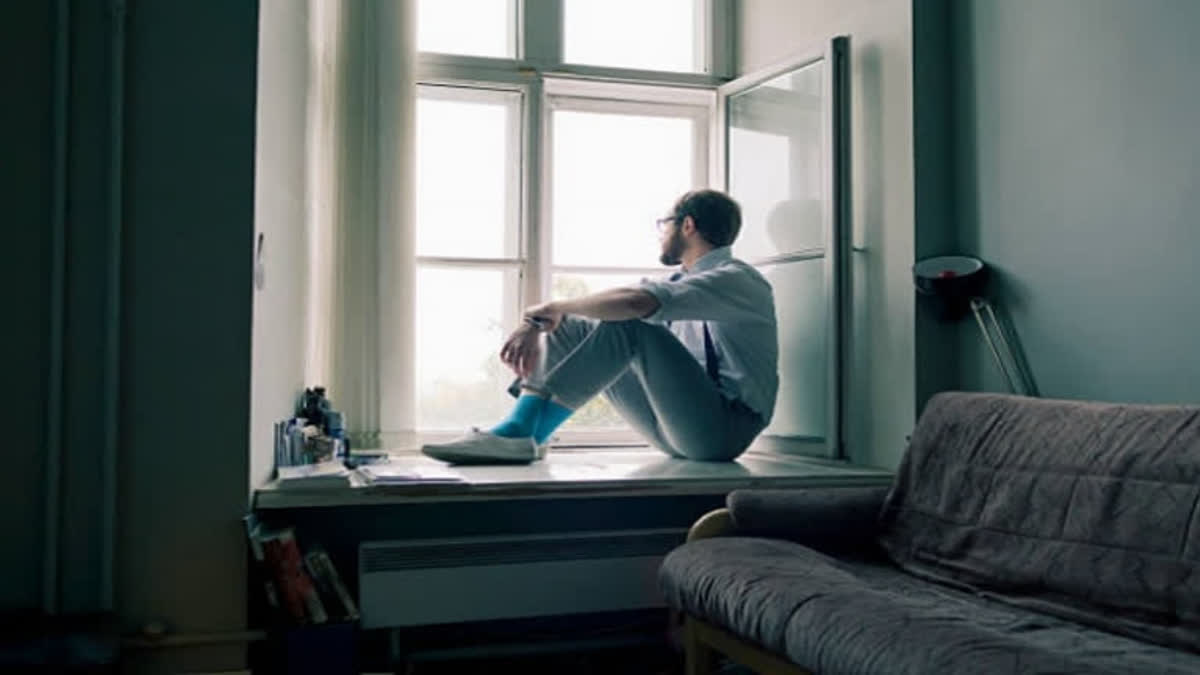London: If there's one thing we as humans seem to have in common, it's that most of us have felt lonely at one time or another. But is the pain that comes with feeling socially isolated simply a part of being human? Why does the world seem so different when we're feeling lonely?
Recent research has begun to provide some answers. And it turns out that loneliness can affect your perception and cognition. Although no one enjoys the feeling of loneliness, scientists have argued that humans evolved to feel this way for good reason.
Social relationships are crucial, providing safety, resources, opportunities to have children, and so on. The fact that we find the feeling of loneliness so unpleasant often motivates us to reconnect with others, bringing with it all of these benefits. But it's not as simple as that. Feeling lonely can also induce social withdrawal and types of negative thinking, which can make it harder to connect with people.
The lonely brain
Studies have identified differences in brain areas associated with loneliness. In lonely young adults, areas of the brain related to social cognition and empathy have less dense white matter (a large network of nerve fibres that allows the exchange of information and communication between different areas of your brain). But in lonely older adults, brain regions important for cognitive processing and emotional regulation are actually smaller in volume.
A recent study found that the brains of lonely people process the world idiosyncratically. The researchers asked participants to watch a series of video clips while inside an fMRI scanner and found that non-lonely people showed very similar neural activity to each other, whereas lonely people showed brain activity that was dissimilar to each other and to the non-lonely participants. So lonely people appear to view the world differently to others.
Finding friends in fiction
This is also evident in how lonely people view fictional characters. Researchers in the US carried out brain scans on fans of the television series Game of Thrones while these fans decided whether various adjectives accurately described characters from the show. The authors of the study were able to identify activity in the brain that distinguished between real and fictional people.
